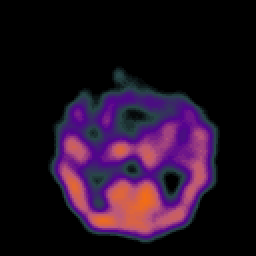 Researchers from the Netherlands set about to determine whether the progressive changes in symptoms seen in dementia might be affected by the 2 major synchronizers of the circadian timing system: bright light and melatonin.
Researchers from the Netherlands set about to determine whether the progressive changes in symptoms seen in dementia might be affected by the 2 major synchronizers of the circadian timing system: bright light and melatonin.
First, the details.
- 189 elderly residents of 12 group care facilities in the Netherlands participated in the study.
- They were randomly assigned to daily treatment with whole-day bright (1000 lux) or dim (300 lux) light and to evening melatonin (2.5 mg) or placebo for an average of 15 months.
- 90% were female and 87% had dementia.
- Neither the patents nor the researchers knew their treatment (double-blind).
And, the results.
- Light reduced cognitive deterioration (reasoning), depressive symptoms, and the increase in functional limitations.
- Melatonin shortened sleep onset and increased sleep duration.
- Melatonin had a negative effect on positive and negative affect.
- Melatonin also increased withdrawn behavior, although this was not seen if given in combination with light.
- Combined treatment also reduced aggressive behavior, increased sleep efficiency, and improved nocturnal restlessness.
The bottom line?
Goodness.
The authors concluded, “Light has a modest benefit in improving some cognitive and noncognitive symptoms of dementia. To counteract the adverse effect of melatonin on mood, it is recommended only in combination with light.”
6/11/08 21:54 JR